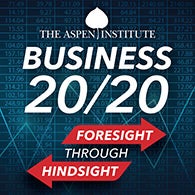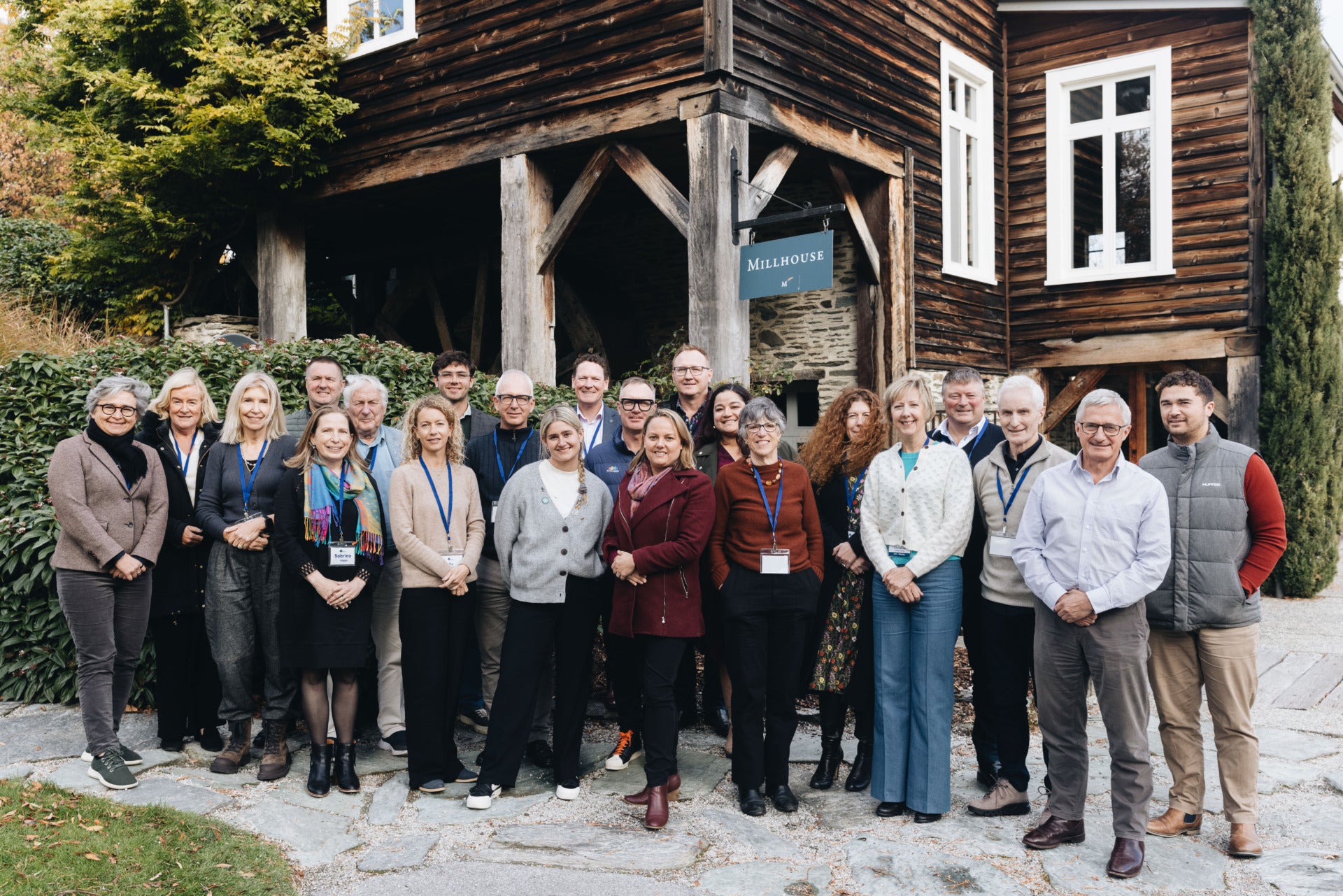 September 11th, 2001, was a day of horror that changed our sense of self and our place in the world. It also changed the US economy, shaping everything from government policy to how businesses operate. This episode explores the decades-long aftershock of that day, alongside those of another day in 2001: December 11th, when China joined the WTO. Examining these stories together challenges simple narratives that globalization will make societies richer and in time, more democratic. What comes next–and how should businesses prepare?
September 11th, 2001, was a day of horror that changed our sense of self and our place in the world. It also changed the US economy, shaping everything from government policy to how businesses operate. This episode explores the decades-long aftershock of that day, alongside those of another day in 2001: December 11th, when China joined the WTO. Examining these stories together challenges simple narratives that globalization will make societies richer and in time, more democratic. What comes next–and how should businesses prepare?
The Business 20/20 podcast is a series that explores the changing relationship between business and society from 1999 to today. Each episode unpacks a key event—from the Seattle WTO protests to the global financial crisis and beyond—to find insights for the future. Produced by the Aspen Institute’s Business & Society program and hosted by Michelle Harven.
Follow the Business & Society Program on @AspenBizSociety and subscribe to the Business & Society Newsletter.
Two Geopolitical Shocks of 2001: What to read to go deeper
Looking to better understand the ways in which these two geopolitical shocks-9/11, and China joining the WTO, changed the US economy and reshaped debates on the future of capitalism? Here’s what to read.
Foresight: Shape the Future of Business
The Wars in Iraq and Afghanistan Have Cost Most Americans Nothing (The Economist) “Future generations will pay for them: the wars have been funded by debt. Most Americans have had little reason to think their country is even at war.”
The NBA–Hong Kong Controversy Suggests History Isn’t Ending How We’d Planned (Eric Levitz, New York Magazine) After the fall of the Berlin Wall, some declared the triumph of global capitalism and liberal democracy—the “end of history.” This article represents a growing counter-consensus.
American Entrepreneurs Who Flocked to China Are Heading Home, Disillusioned (James T. Areddy, The Wall Street Journal) Yet even before the NBA spat or the trade war, US businesspeople were discovering that opportunities in China would differ from what they expected.
China Weathered the Global Recession with an Aggressive Stimulus Package. But Did It Prop Up the Wrong Firms? (Lin William Cong, Haoyu Gao, Jacopo Ponticelli, Xiaoguang Yang in Kellogg Insights) So, why didn’t WTO membership liberalize China as US policymakers and businesspeople had hoped? One answer may lie in the Chinese response to the financial crisis.
Weaponized Interdependence (Henry Farrell & Abraham Newman) A concept we may be hearing more and more about. Where it once was thought that globalization would create a more interdependent and therefore more peaceful world, it may instead create new vectors for coercion—and damage.
Hindsight: Understand the Long-Term Trends behind Today’s Headlines
The China Trade Vote: A Clinton Triumph; House, In 237-197 Vote, Approves Normal Trade Rights for China (Eric Schmitt, Joseph Kahn, The New York Times) This was the 2000 vote that paved the way for China to join the WTO on December 12, 2001. Right from the start, US labor and US business had diametrically opposing views on whether this would be a good thing.
Love Is the Killer App (Tim Sanders, Fast Company) Just months after the terrorist attacks of 9/11 and with an economic downturn underway, how did business imagine the future might unfold? With less greed and more love—or so one Yahoo senior executive hoped.
9/11 to Today: Ways We Have Changed (Laura Santhanam, Larisa Epatko, PBS NewsHour) This article covers the human, geopolitical and economic changes since 9/11, including data on oil price fluctuations.
America’s Costly War Machine (Linda Bilmes & Joseph Stiglitz, LA Times) From 2011, an early articulation of Bilmes’ analysis of the connection between funding for the post-9/11 wars and the financial crisis.
Why Did the China Shock Hurt so Much? (The Economist) With greater investment in workers and communities, might China’s access to global markets play out differently for the US?
Episode Notes
Guests
Linda Bilmes, Jim Barkley, Regina Abrami
Host
Michelle Harven
Writing and Production
Written by Keith Schumann with input from T.A. Frank, Miguel Padró, Felicia Davis, and the Business & Society Team.
Recorded by Ben Eyler and edited by Jesse Krinsky.
The Business & Society team wishes to thank the audio technicians and everyone involved in the production of this episode, including:
● Chiquita Paschal
● Mary Dooe
● Yahya Chaudhry
● Wayne Davis
Music Samples Featured in this Episode
Chad Crouch—Song Sparrow Serenade (Excerpted form of the track; used under Creative Commons Attribution-NonCommercial 3.0 License)
All the Answers by Lee Rosevere (https://leerosevere.bandcamp.com) Licensed under Creative Commons: By Attribution 4.0 International (CC BY 4.0) https://creativecommons.org/licenses/by/4.0/
Brevyn—Dark Depths (Excerpted) Attribution-NonCommercial-NoDerivatives 4.0 International (CC BY-NC-ND 4.0) https://creativecommons.org/licenses/by-nc-nd/4.0/
Trees In The Wind by Daniel Birch (www.danielbirchmusic.com) Licensed under Creative Commons: By Attribution 4.0 International (CC BY 4.0) https://creativecommons.org/licenses/by/4.0/
Betrayal by Lee Rosevere (https://leerosevere.bandcamp.com) Licensed under Creative Commons: By Attribution 4.0 International (CC BY 4.0) https://creativecommons.org/licenses/by/4.0/
Chad Crouch – Algorithms (Excerpted form of the track; used under Creative Commons Attribution-NonCommercial 3.0 License)
Tobacco Road – Storyblocks Audio
Archival Audio
Archival Audio – The Associated Press, May 2, 2016
Bloomberg Business, Oct 15, 2019
Sky News Australia, August 29, 2019
Fox Business News, October 14, 2019


